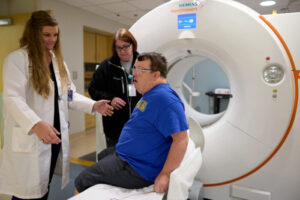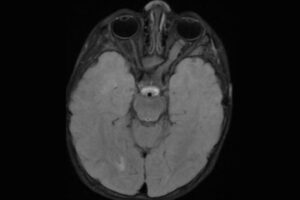Congratulations to the four Department of Neurology faculty who were named 2024 Dean’s Impact Award recipients. Click the links below to learn more about them and why they are so deserving of this honor. The Dean’s Impact Awards recognize individuals who exhibit enduring commitment to advancing the careers of others through exceptional mentorship and sponsorship […]
Four Department of Neurology faculty named 2024 Dean’s Impact Awards recipients









